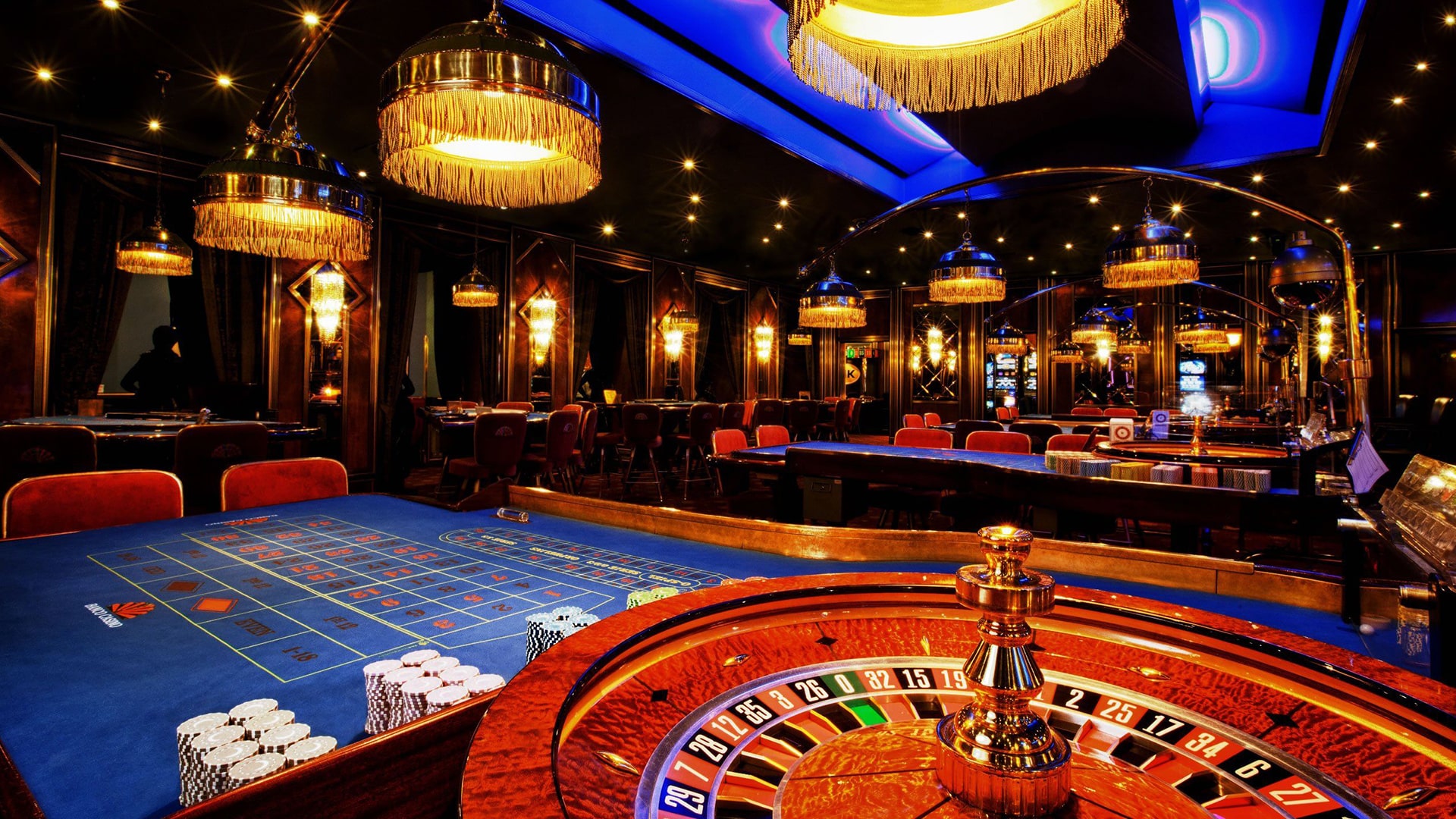
Gambling games have enthralled players over the ages, transforming from easy diversions to complex experiences that integrate fortune, tactics, and entertainment. From the ancient roots of gambling in societies including the ancient societies of Mesopotamia and Rome to the glitzy corridors of modern casinos, the evolution of these games uncovers much about human nature and our connection with risk. As cultures blended and technological advancements have occurred, casino games have transformed, reflecting shifts in society and advancements in gameplay.
The initial iterations of gambling likely featured basic dice games and wagering on the results of sporting events. As time passed, these early games grew into better-organized games like playing card games, roulette, and the multitude slot games that populate the floors of casinos today. Every generation brought its own set of rules, design elements, and sociocultural significance. At present, casino games maintain their evolution with the rise of digital gaming platforms, enabling players from all corners of the globe to join in a shared experience, further merging the traditional with the age of technology.
Initial Beginnings of Casino Activities
Gambling activities have origins that stretch back to historical civilizations, where betting was strongly embedded in social traditions and cultural rituals. The first known instances of betting appeared in Mesopotamia around three thousand BC, involving simple die activities made from knuckle bones. These primitive games laid the foundation for more complex betting activities, reflecting humans’ natural desire to find wealth and amusement through luck.
As civilizations developed, so did their betting pursuits. In historic Chinese culture, around 2300 BC, objects were found that were similar to early basic forms of a lottery game activity. More organized forms of betting developed in the ancient Roman Empire, where activities of luck were a popular pastime, often occurring in social events. The Romans developed different wagering activities, which composed die and table activities, showing the widespread nature of gambling across different economic classes.
With the passage of years, these primitive games shaped the evolution of contemporary casino games. In the medieval period, card games grew prevalent in Europe, paving the way for the professional gaming venues we know today. The shift from casual gambling to formal gambling in pubs and personal houses marked a significant change in how people engaged with activities of chance, leading to the eventual creation of gaming houses as dedicated places for gambling.
The Emergence of Modern Gambling Industry
The late 20th century marked a pivotal change in the world of casino games, fueled by technological progress and changes in cultural attitudes towards betting. The introduction of personal computers and the World Wide Web revolutionized the way players engaged with their favorite games. Virtual casinos emerged, allowing enthusiasts to enjoy traditional table games like Texas Hold’em and 21 from the convenience of their houses. This emerging online environment not only broadened availability to casino games but also drew in a newer crowd who found the comfort and variety attractive.
As digital gaming gained momentum, so did innovations in gaming technology. The creation of high-quality programs and visual elements changed traditional gambling games into immersive experiences. Gamblers could now connect with live dealers through real-time broadcasts, importing the vibe of physical casinos directly into their homes. This fusion of live gaming with online platforms created a unique hybrid experience that boosted the social aspect of gambling, allowing it possible for people to engage and compete with others around the planet.
Additionally, the growth of mobile gaming dramatically changed the casino landscape. With the widespread use of mobile phones and tablets, players can enjoy their preferred casino games anywhere, whenever. Mobile applications offer a extensive range of games optimized for mobile screens, catering to the busy lifestyle of contemporary gamers. This easy access has led to increased involvement in casino games, contributing to the exponential growth of the gambling sector. As a result, the prospects of gambling continues to evolve, responding to technological advancements and shifting consumer preferences.
How Technology Influences Casino Games
Technology’s advancement has greatly changed casino games, enhancing the overall experience for players for gamblers globally. With the introduction of the internet, online casinos emerged, allowing players to play their preferred games from the safety of their own homes. This change not only made casino games more accessible but also increased the variety of games offered, as online platforms could host numerous variations of traditional games without the limitations of brick-and-mortar establishments.
The rise of mobile technology further transformed the casino gaming landscape. With the proliferation, players now have the ability to engage in casino games anytime and anywhere. This flexibility has resulted in the development of dedicated mobile applications and optimized websites that provide seamless gaming experiences. Additionally, innovations such as live dealer games have brought the authentic atmosphere of a casino into players’ homes, bridging the gap between physical and online gaming.
Moreover, advancements in AI and VR are leading to the next generation of casino games. AI enhances game design and player interaction, creating customized experiences based on user behavior and preferences. Meanwhile, virtual reality provides immersive environments where players can interact in a virtual casino environment, making the gaming experience more exciting and realistic. no verification casino As technology continues to evolve, the future of casino games seems bright, filled with endless possibilities for advancements and entertainment.

